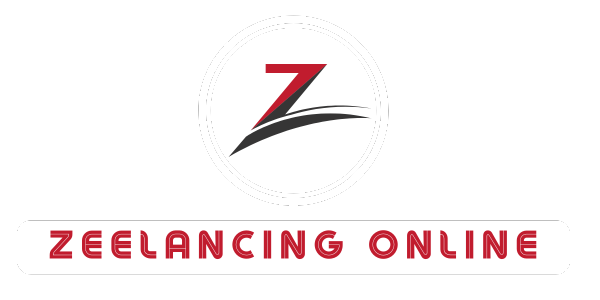Here’s a banality among computerized advertisers: search engine enhancement (SEO) isn’t what it used to be. Here’s a genuine assertion you don’t hear as regularly: your SEO methodology shouldn’t zero in on keywords. Nowadays, most organizations comprehend the fundamental ideas of SEO and why it’s significant.
Nonetheless, it is about creating and executing a sound SEO technique for your business. Simply making content for the keywords your clients are searching for is both exhausting and, all things considered, wrong.
Many affordable SEO packages from online services can help you in this matter. But how can you do it on your own? In this post, we’ll clarify an SEO system and how to make your own to help you meet your substance-promoting objectives.
What is an SEO procedure?
An SEO methodology is a way to sort out a website’s substance by theme. To work on the probability of showing up in search results. It is the interaction you continue to expand the chance to acquire natural traffic from search engines.
Having an SEO methodology is significant because it assists you with remaining focused when creating content. Rather than simply making what you think individuals are searching for, your technique will guarantee that you’re making content that individuals are searching for.
Mobile SEO Strategy
Mobile SEO is a significant factor to remember while developing your general technique. Its improvement includes guaranteeing your site and site content is accessible and open to guests on mobile devices so they can have a similar experience and get value similar to work area programs.
While it’s anything but an isolated cycle, there are particular considerations for mobile SEO, like observing page speed, responsive site plan, and neighborhood and making top-notch content, paying little mind to the gadget it’s seen on.
SEO Content Strategy
There are three kinds of SEO that an SEO specialist can zero in on:
- On-page: This SEO centers around the substance of location pages and how to streamline them to support the website’s positioning for explicit keywords.
- Off-page: This SEO centers around joins coordinated to the website from somewhere else on the web. The number of backlinks a site has from respectable sources assists you in building trust with search calculations.
- Specialized SEO centers around a website’s backend engineering, similar to webpage code. Google cares as much about specialized setup as its substance, so this position is significant for rankings.
All good and affordable SEO packages will contain all three options.
System layout
Remember that each business has various targets, so SEO must inspect its industry. Figure out what its crowds care about, and foster a procedure that gives them what they’re searching for. Beneath, we’ll go over certain means you can take to guarantee your system lays out the groundwork for you.
- Make a rundown of subjects.
- Make a rundown of long-tail keywords dependent on these subjects.
- Assemble pages for every point.
- Set up a blog.
- Make reliable writing for a blog plan.
- Make an external link establishment plan.
- Pack media documents before transferring them to your site.
- Keep up to date on SEO news and best practices.
- Measure and track your substance’s prosperity.
- Make a rundown of points.
Keywords are at the core of SEO, however, they’re not, at this point the initial step to accomplishing natural development. All things being equal, the initial step is to make a rundown of points you’d like your substance to address.
Utilizing search volume and competition as your estimation, you can make a rundown of 10-15 short-tail keywords that are pertinent to your business and are being searched for by your intended interest groups. Then, at that point, rank this rundown dependent on month-to-month search volume.
Every one of the keywords that you’ve recognized is called columns, and they fill in as the essential help for a bigger group of long-tail keywords, which we’ll examine underneath. Make a rundown of long-tail keywords dependent on these themes.
Long Tail Keywords
During this progression, you’ll start enhancing your pages for explicit keywords. For every column you’ve distinguished, utilize your keyword instrument to recognize five to 10 long-tail keywords that dive further into the first point keyword.
For instance, we consistently create content about SEO. However, it’s hard to rank well on Google for a particularly mainstream point with this abbreviation alone. We likewise risk contending with our own substance by making numerous pages that, overall, focus on precisely the same keyword—and possibly similar SERPs.
Along these lines, we likewise create content on leading keyword research, optimizing pictures for search engines, creating an SEO system (which you’re perusing at present), and other subtopics inside the SEO umbrella.
This assists organizations with drawing in individuals who have shifting interests and concerns—and, finally, creates more passage focuses for individuals inspired by what you have to offer.
Utilize your long-tail keywords to make blog entries or web pages that clarify the particular points inside your chosen columns. All of your long-tail keywords make a group around a column point. Search engine calculations rely upon the connections between bunches to interface users with the data they’re searching for.

